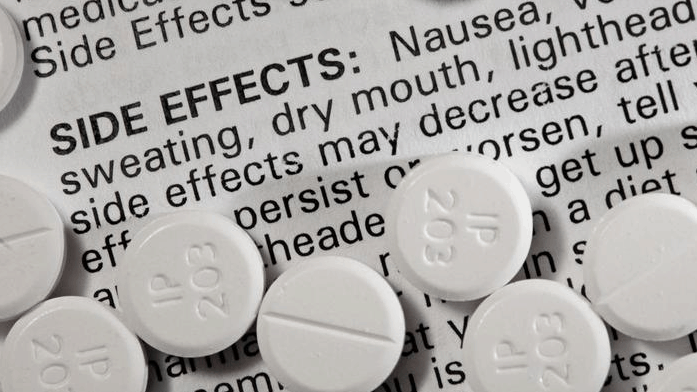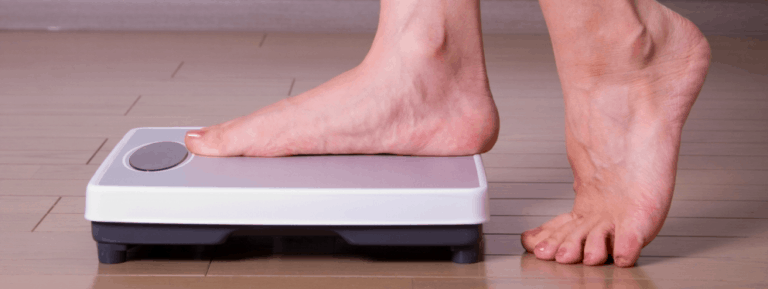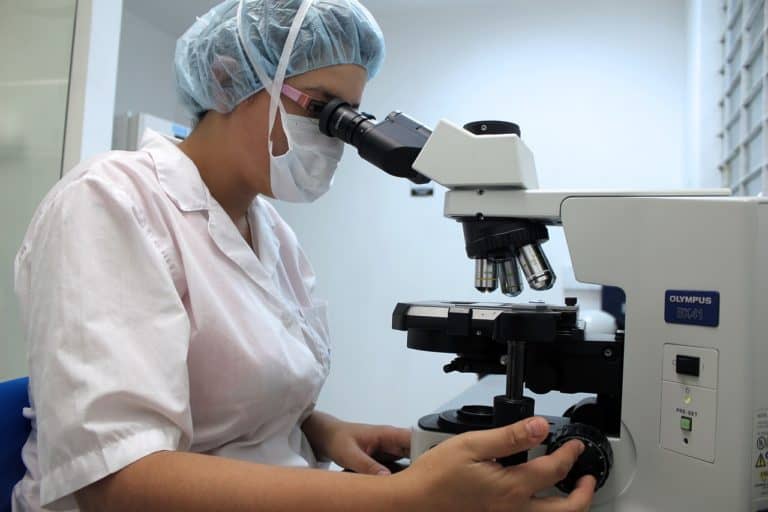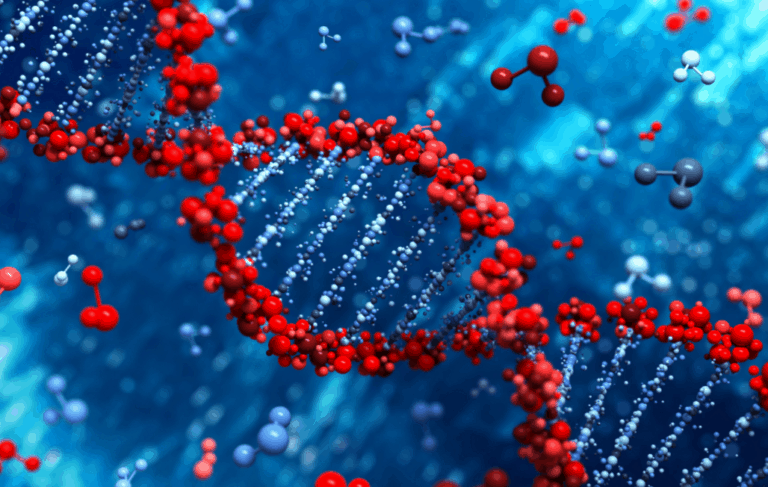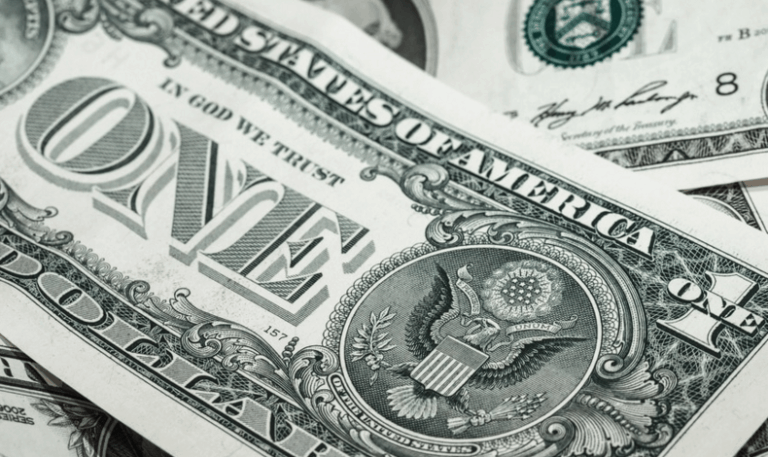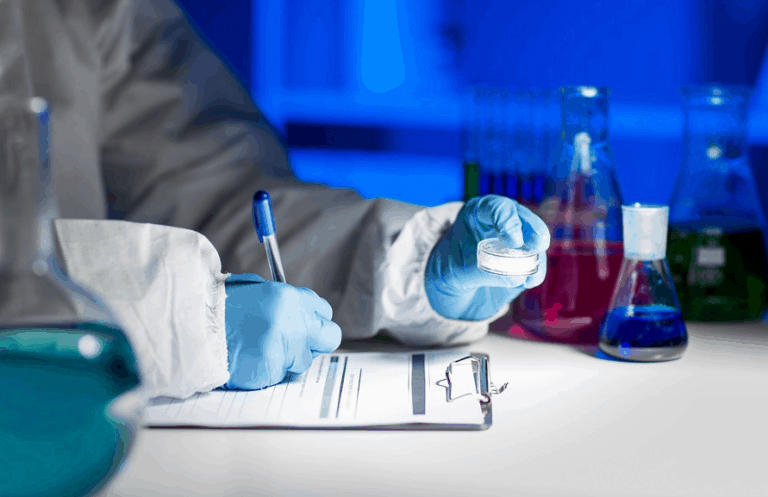All the test results are in and so is the diagnosis: prostate cancer. What should you do now? It is time to learn as much as you can about your treatment options and then, with the guidance of your physicians, make a decision that best suits your situation. If possible, it is best to consult more than one prostate cancer specialist–a medical oncologist, a radiation oncologist, and a urologist—to help you with the process.
There are a number of treatment options for prostate cancer. However, there is generally no right answer for the best prostate cancer treatment because there is a lack of good data from well-run trials to determine the best course of therapy. That’s one reason why it is so important to consult with several experts when making your decision.
A key factor you need to consider, and which many people neglect, is choosing your doctor. Generally, doctors who treat prostate cancer tend to recommend the procedures they are accustomed to performing. Therefore a surgeon will recommend surgery, a radiation oncologist will suggest radiation, and so on. Keep this in mind when you are considering your treatment options and make sure you explore all the options before making a decision. No matter what treatment option is chosen, you need to also consider lifestyle and other considerations as maintaining maximum immunity and health is fundamental to recovery and long-term wellness.
And finally, you need to determine what is important to you in terms of your post-treatment priorities, as now is also the time to start planning for recovery. Factors such as incontinence, erectile dysfunction and penile rehabilitation and other concerns should be discussed and planned based on your individual circumstances and priorities.
The following questions are offered to help you make your decision and to understand the possible and probable consequences of choosing Hormone Therapy.
Given my age, stage and grade of cancer, preferences, and overall health, is hormone therapy the right treatment choice for me?
What is the goal of hormone therapy?
What are the chances I will need another type of therapy along with hormone therapy?
What effect does hormone therapy have on long-term survival?
What are the different types of hormone therapy and how are they administered?
What are luteinizing hormone-releasing hormone (LH-RH) analogues?
What are antiandrogens? [1] Why are LH-RH analogues and antiandrogens often prescribed at the same time?
What is a bilateral orchiectomy and what are its advantages and disadvantages?
What are my chances of developing the following side effects associated with hormone therapy?
- Anemia
- Breast tenderness and enlargement
- Cholesterol changes
- Diabetes and heart disease [2]
- Diarrhea
- Erectile dysfunction [3]
- Fatigue
- Hot flashes [4]
- Liver dysfunction
- Osteoporosis [5]
- Penis shrinkage (atrophy)
- Urinary incontinence
What can I do to help prevent bone loss?
What complementary/alternative treatments can I use to treat the side effects of hormone therapy? [6]
[1] Antiandrogens, unlike LH-RH antagonists, do not affect testosterone levels, therefore they do not have an impact on erectile function or libido when used alone. However, they are typically given along with LH-RH antagonists, which are designed to suppress testosterone.
[2] In October 2010, the Food and Drug Administration asked that makers of LH-RH analogues put a warning on their drugs warning healthcare providers and patients of a possible increased risk of diabetes and certain cardiovascular events. Source: FDA
[3] Erectile dysfunction occurs in about 80 percent of men who take LH-RH analogues and is associated with a decline in libido as well. Source: 100 Q&A about Prostate Cancer.
[4] Up to 80 percent of men who are on hormone therapy for prostate cancer experience hot flashes. Source: National Cancer Institute
[5] Hormone therapy is associated with an average bone loss of 4% per year for the first two years on therapy and 2% per year after year 4. Source: 100 Q&A about Prostate Cancer.
[6] One possibility is acupuncture, which has been shown to be effective in significantly reducing hot flashes in men undergoing hormone therapy. A study published in June 2010 reported an 89% reduction in hot flashes after six weeks of acupuncture treatments, with an 80% reduction remaining at eight months’ follow-up. Ashamalla H et al. Acupuncture for the alleviation of hot flashes in men treated with androgen ablation therapy. International Journal of Radiation Oncology, Biology, Physics 2010 Jun 2


